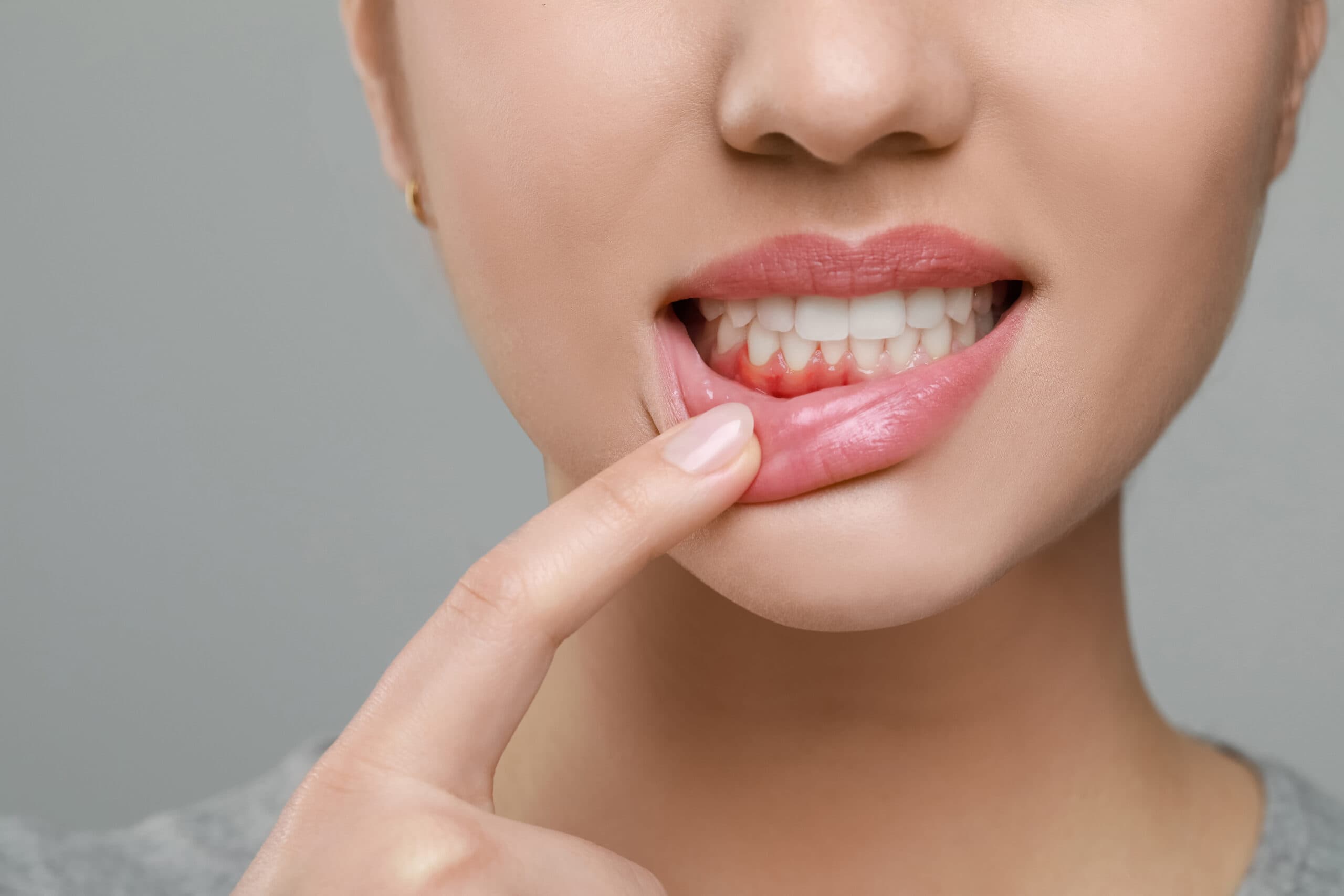Genetic testing is a popular trend. Some people are exploring their ancestral lineage and others are curious about risk factors for certain diseases. Genetic dentistry is finding links between genes and oral health.
Genes and Teeth
Nearly 60% of tooth decay risk appears to be due to genetic factors. Researchers have identified five areas where genes play a significant role in tooth decay:
- Sugar – Genes determine your desire for sugary foods.The stronger your craving for sweets, the more you probably eat them, right? Excessive amounts of sugar without proper brushing leads to tooth decay.
- Teeth enamel – Our genes are the primary determinant of our enamel structure. The softer the enamel, the easier it is for bacteria to destroy it.
- Ability to taste – If you have a wide genetic “taste ability” (a measure of the variety of things you can taste), the less likely you are to have tooth decay. Why? The working theory is that you may eat fewer sweet foods because you enjoy other flavors, as well.
- Saliva – Saliva helps in the beginning process of metabolizing food. Some people’s saliva works harder than others.
- Microbiomes – Everyone has communities of bacteria that live on the tongue. Your body’s immune response to these communities affects your risk of developing tooth decay.
Environment and Teeth
If 60% of tooth decay is genetic, what’s the other 40%? According to Robert J. Weyant, chairman of the University of Pittsburgh’s Department of Dental Public Health, we look to environmental causes. Things like diet, limited or no access to dental care, smoking, and poor brushing habits. The biggest culprit is sugary sodas and sports drinks.
The bottom line is that regardless of our DNA, we all need to maintain a steady daily oral hygiene regimen. Brushing and flossing twice a day is the best defense. If you have concerns about the effects of genetics on your teeth, talk to your dentist. Making a committed plan for your oral future is a great way to a long-lasting smile.





